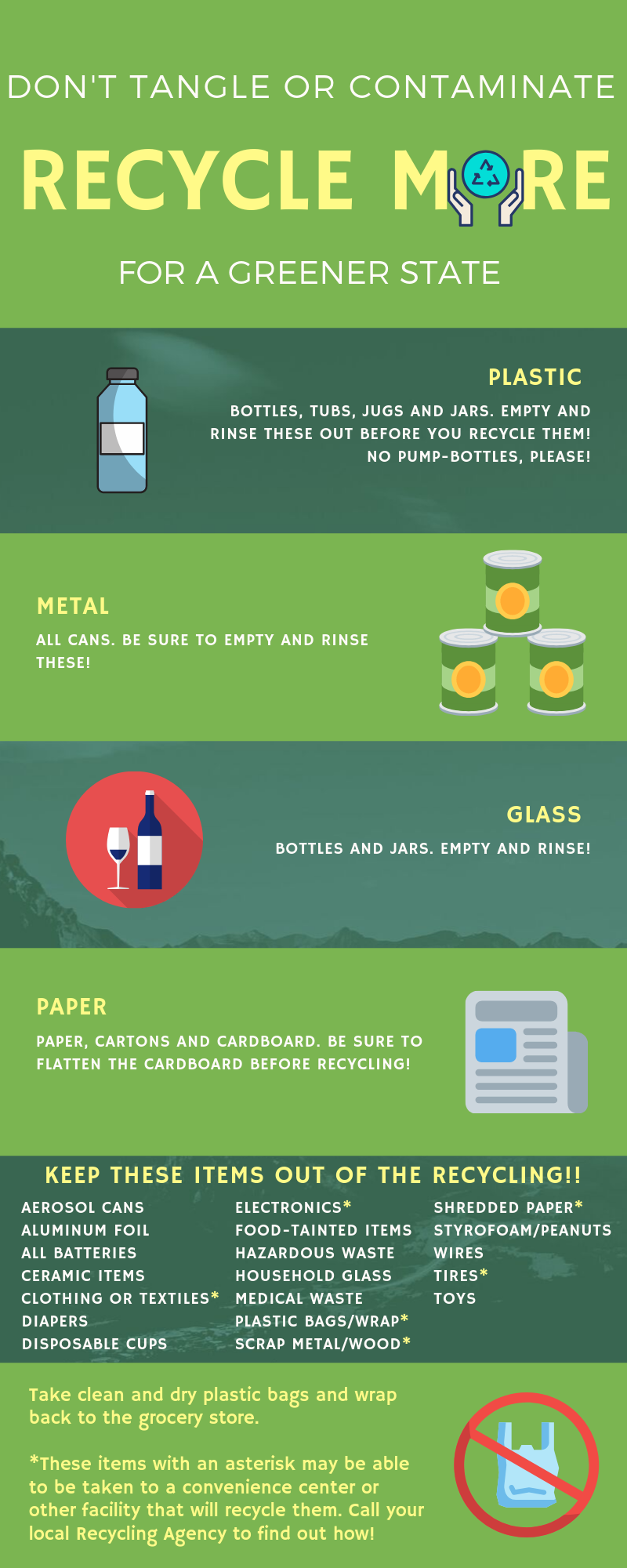Quick Tips For Taking Care Of Waste During A Home Improvement
Quick Tips For Taking Care Of Waste During A Home Improvement
Blog Article
Developed By-Solomon Shore
When starting a home improvement, waste administration might not be the first thing on your mind, yet it's a vital element of the procedure. By carrying out a couple of straightforward approaches, you can substantially minimize the ecological influence of your job. From smart decluttering techniques to creative recycling options, these quick tips will certainly not only boost the performance of your remodelling yet additionally add to a more lasting result.
Pre-Renovation Decluttering
Before diving right into your home remodelling project, decluttering your space is a crucial action to guarantee a smoother and a lot more well organized procedure. Start by evaluating each space and establishing what products are vital and what can be thrown out or donated. Be ruthless in your decluttering efforts; if you haven't made use of a product in over a year, it may be time to let it go.
Kind things into classifications such as maintain, donate, reuse, or dispose of. waste deep ~ dumpster rental service like bins or shelves to assist organize the products you pick to keep. This won't only declutter your space however additionally make it much easier to locate points during and after the remodelling.
Decluttering before the renovation will not just improve the procedure yet likewise conserve you money and time. You'll have a more clear vision of what needs to be done and won't be bewildered by unneeded things.
When you've decluttered, you can progress with your restoration task with a fresh and orderly space.
Efficient Waste Sorting
To guarantee a smooth and eco conscious home improvement process, effective waste sorting is important. As you start your renovation job, set up marked sorting areas for different kinds of waste.
Placing separate containers or containers for recyclables, hazardous products, and general waste will certainly simplify the disposal process and make it less complicated to draw away recyclable materials from ending up in land fills.
Tag each arranging area clearly to avoid complication and guarantee that everybody associated with the improvement knows where each kind of waste must go. This straightforward step can help stop mixing of products that can pollute recyclables or develop safety and security risks throughout disposal.
Recycling and Upcycling Techniques
Reliable waste arranging sets the structure for an effective home renovation project. When it involves managing waste throughout your renovation, recycling and upcycling techniques play an essential duty in minimizing garbage dump waste and making best use of the potential of your materials.
Begin by assigning different containers for different kinds of recyclables like glass, plastic, and paper. Get in https://patch.com/new-york/smithtown/classifieds/announcements/378598/junk-removal-stony-brook-ny with your neighborhood recycling facilities to ensure you're complying with the proper guidelines for disposal.
Take into consideration upcycling items like old furnishings, doors, or cabinets rather than tossing them away. With a fresh coat of paint or some creative modifications, you can offer these products a new life in your refurbished room. Upcycling not only minimizes waste yet also adds an one-of-a-kind touch to your home decoration.
Try to find donation centers or organizations that accept reusable structure products. By giving away things like light fixtures, cupboards, or ceramic tiles, you can aid others while decluttering your room. Remember, a little initiative in reusing and upcycling can go a long way in making your home renovation project more lasting and environmentally friendly.
Conclusion
Finally, by following the quick ideas for taking care of waste during a home improvement, you can make the process much more reliable and environmentally friendly. Decluttering before starting the restoration, arranging waste into designated containers, and considering recycling or upcycling alternatives can help decrease the quantity of waste going to land fills. With a little extra initiative, you can make a huge influence on the sustainability of your task.
